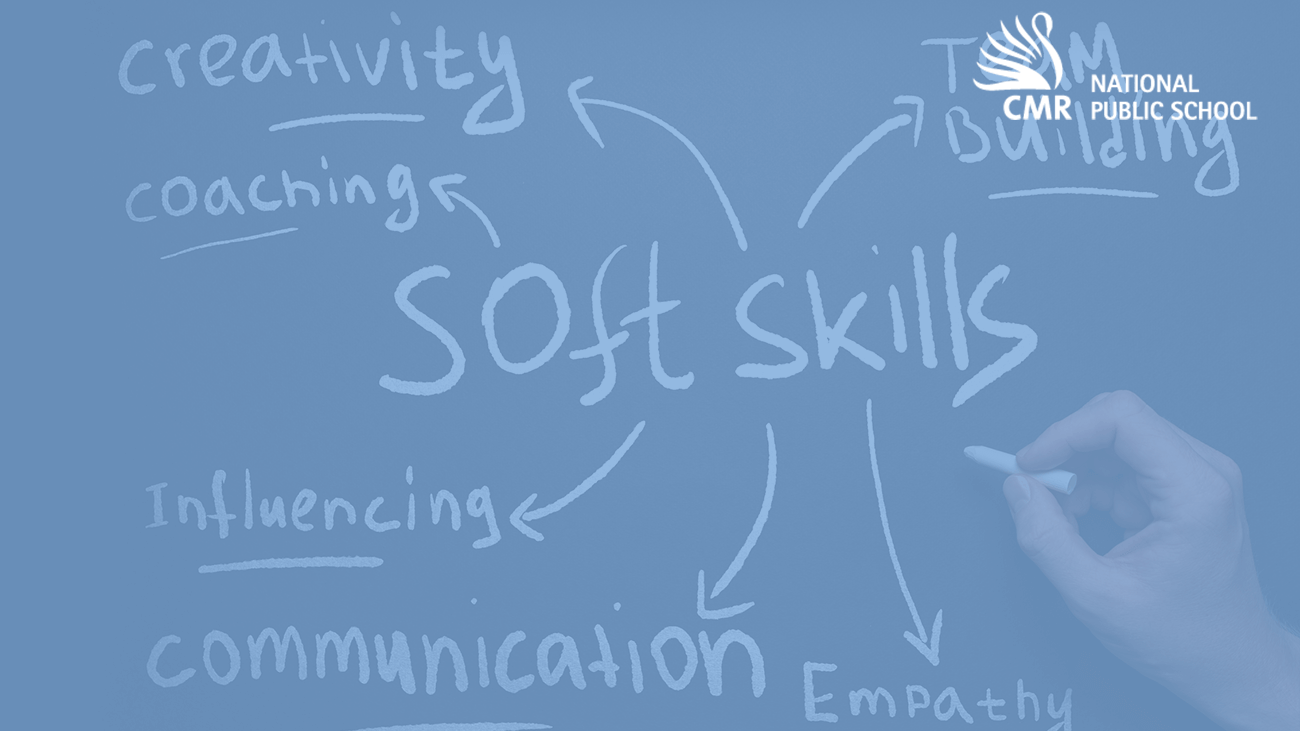Time management is an aspect that most of us struggle with in some way or the other. It affects our productivity and also our mood and self-worth. In a world that is very task-oriented and time-bound, not being able to manage our time can have disastrous effects. When someone feels that they are not able to manage their time well, they tend to get stressed and overwhelmed. When the stress begins to build up, we either intensify our efforts to fight it or give up completely.
Some common obstacles to managing our time effectively are social media, distractions, difficulty focusing, exhaustion, and procrastination. It is important to note that anxiety and stress generally underlie procrastination. We procrastinate when we feel ill-prepared, inadequate or when a task feels too big. Procrastination is accompanied by a sense of guilt, shame, and anxiety because we would rather be doing something else. These emotions can then lead to further avoidance of the task at hand which leads to a vicious cycle of avoidance, procrastination, and guilt.
So how do we work with ourselves to manage our time and work on procrastination? Before we discuss anything further, I should add that working with these emotions takes time. You may not see any difference in a day or two. You need to consistently work on it even if you may not see any results.
- Planning: Planning is an oft-neglected part of work. Sometimes, we tend to over-plan our day where we make schedules and timetables but fail to make them work. What is important to remember with planning is that we make it work for us. If a rigid schedule does not work for you, it’s okay to ease up on it. Using planning to your advantage so that you have some structure for yourself and an idea of what to do next.
- Prioritize: Not everything is equally important. In your list of tasks, choose the most important ones and tackle them first. Also, look at how you’re doing at that point of the day. If you’re tired, studying a difficult topic may be important but may not be efficient because you may not be able to focus.
- Pace yourself: You don’t have to do everything all at once. It’s okay to take breaks and keep checking in with yourself. Breaks are essential for being productive. All of us need different types of breaks. Some of us work well with breaks that allow us to move. Some of us need to give our eyes a break and some of us may need to talk to someone. Choose the breaks that work for you and for a duration that works for you.
In case you need more help with this, you can always reach your counsellor at https://zfrmz.in/ufr7rZDXzwb4wc81BZPm
Select the option “Student Wellness” to connect with the counsellor.
By, Anika Joseph, School Counsellor


